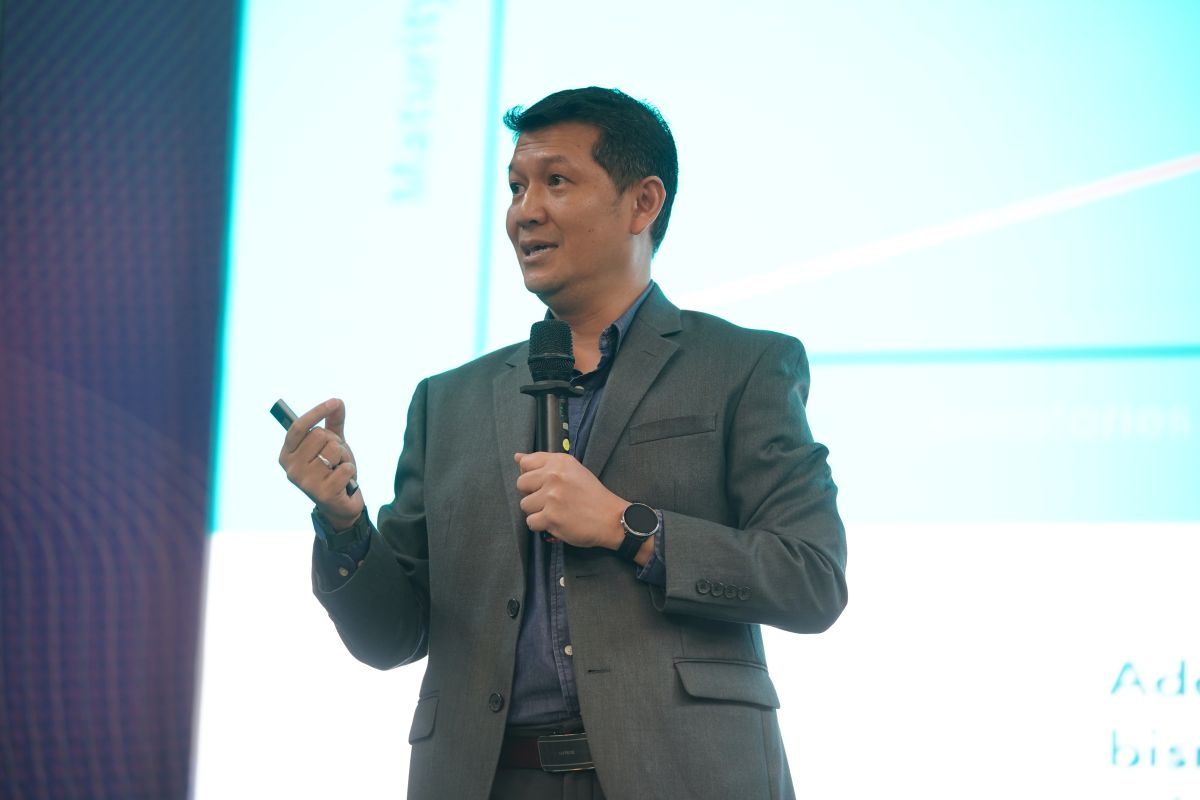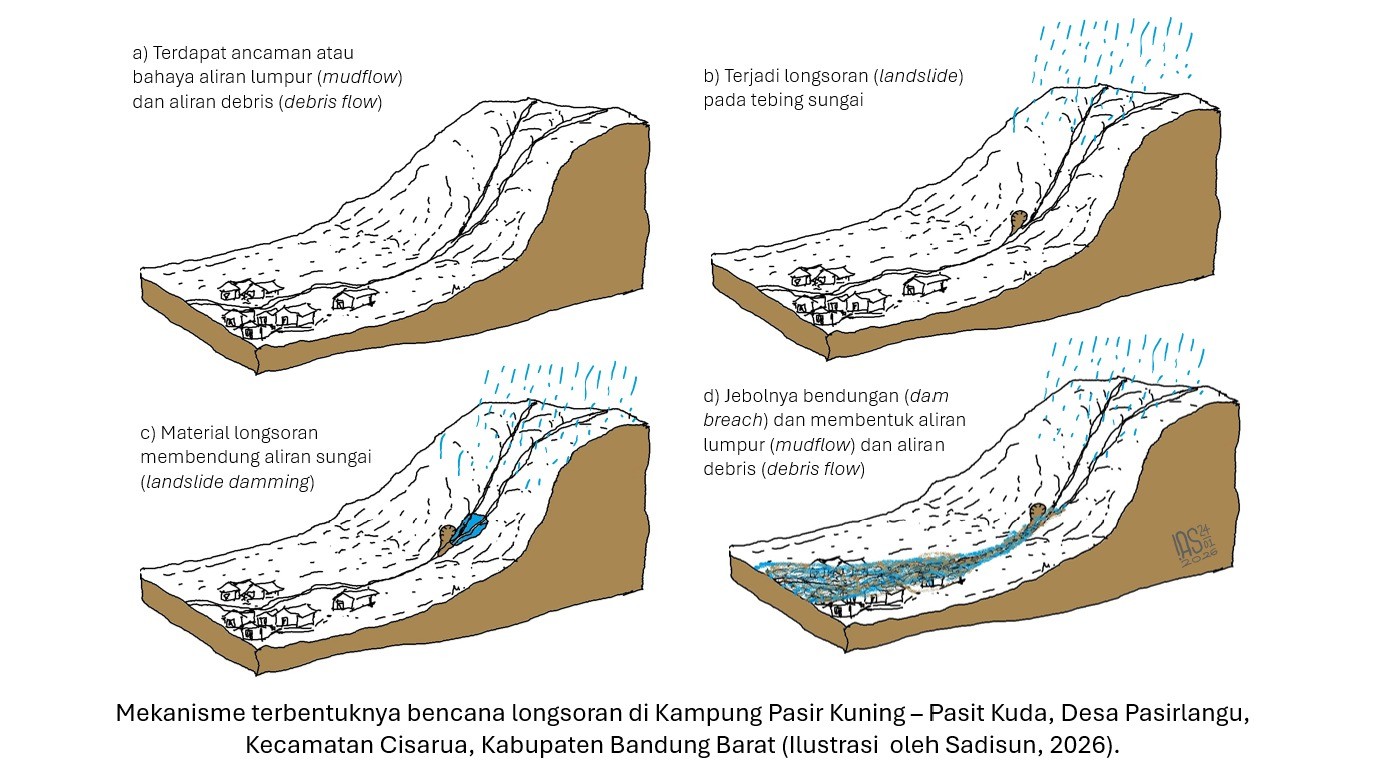Dealing with the Disaster Behind the Flow of Information
By Adi Permana
Editor Adi Permana

BANDUNG, itb.ac.id—Technology makes work easier to be done and minimizes its labor fee. However, there is a price for those conveniences. Technology also has its negative impacts towards human behavior; for instance, the spread of information arising from information technology itself.
The professor of ITB’s School of Electrical Engineering and Informatics (STEI), Dr. Ir. Alibarda, M.T., explains the dangers of informational disasters from information technologies towards society at his public lecture “Disasters of Information”, which is held on Thursday (27/5/2021).
He stated that information cannot be separated from communication practices as a form of conveying ideas. With language as its informational identifier symbol, this results in the creation of speech translator technologies, including the human voice translator.
He continued that many accidents can be found from the quality of the existing information technology and its dissemination. Some examples are the nightmare incident due to misinformation, vaccination with different dosage, software errors in the Bank of New York, and the false statements regarding COVID-19.
“Information is similar to blood in some ways- they are pumped to all our body parts, like lungs and brains, via the heart,” Alibarda continued.
According to him, a short and integrated information system is required to maximize the quality of information distributed. A good information has the following characteristics: accurate, objective, intrinsically credible, comprehensively representing reality, consistent, high prospects of producing good contents and has a contextual timeline.
The flow of information is not to be removed from its acquisition and formation process through a series of transmissions. Its results that are spread will be used by stakeholders to make a policy. Because of this, a clear information production map is needed to allow researchers to understand the location of dualism or misinformations.
Reporter: Daffa Raditya Farandi (Kewirausahaan, 2020)
Translator: Ruth Nathania (Teknik Lingkungan, 2019)


.jpg)

.jpg)
.jpeg)
.jpg)


